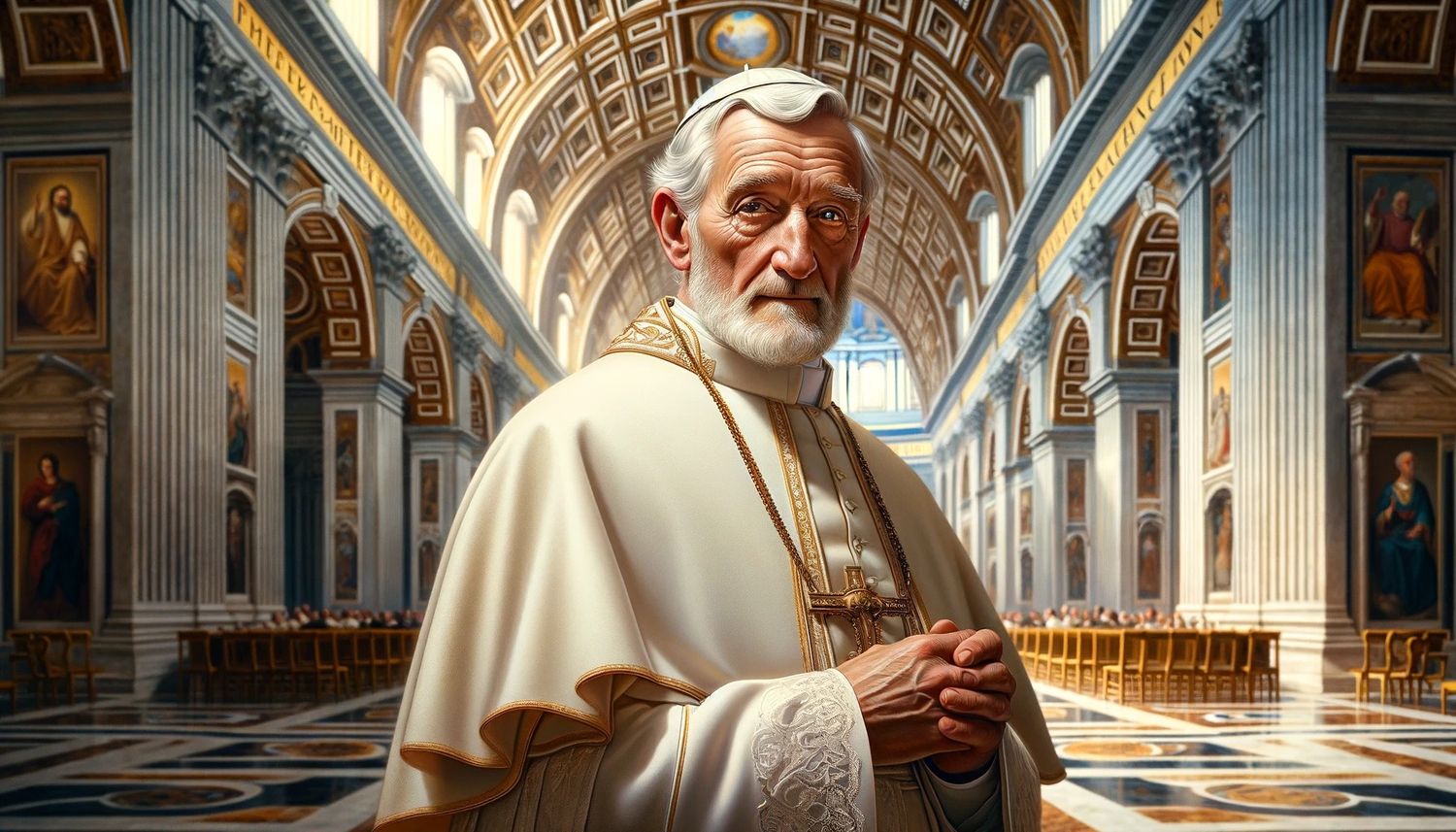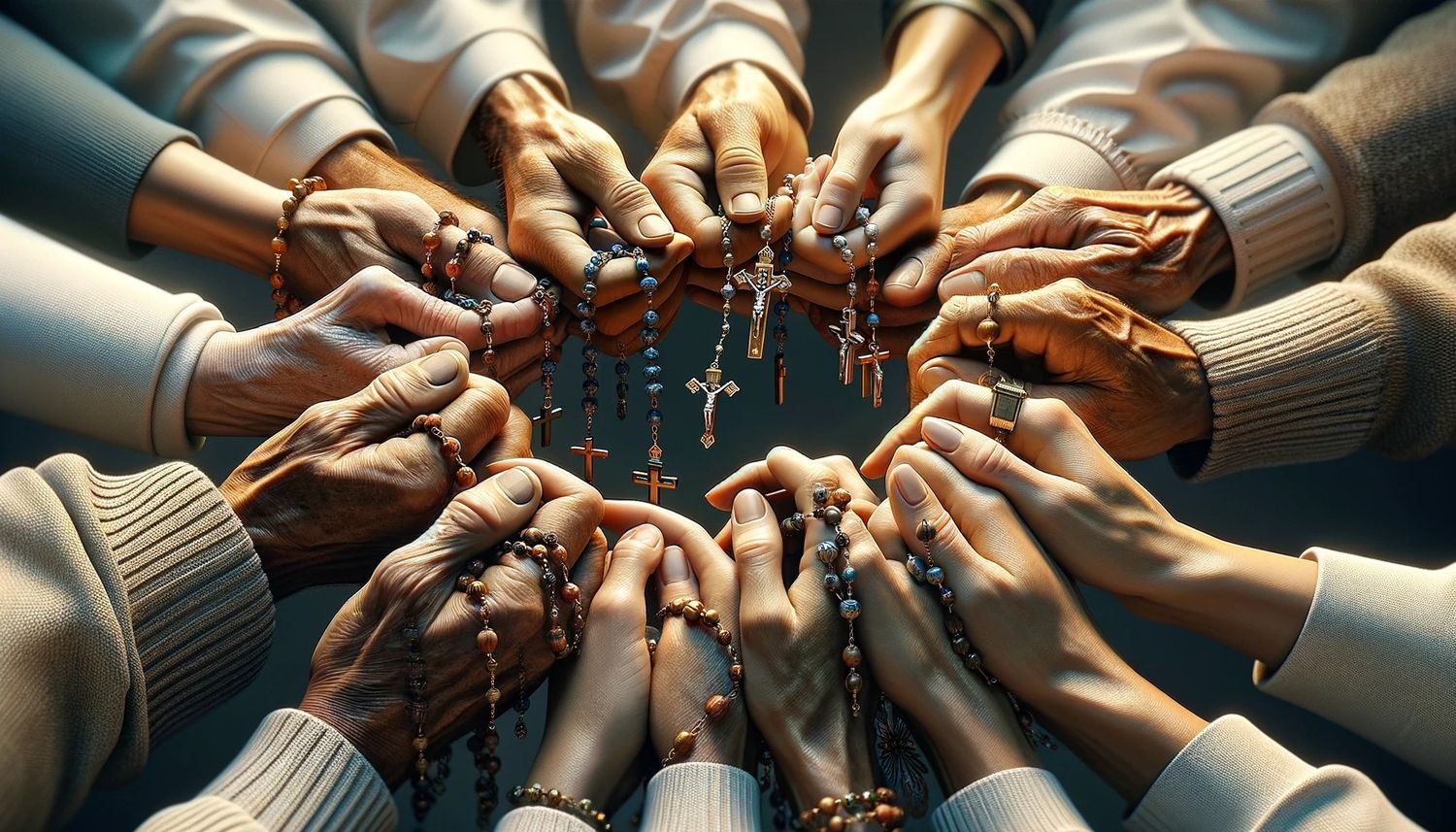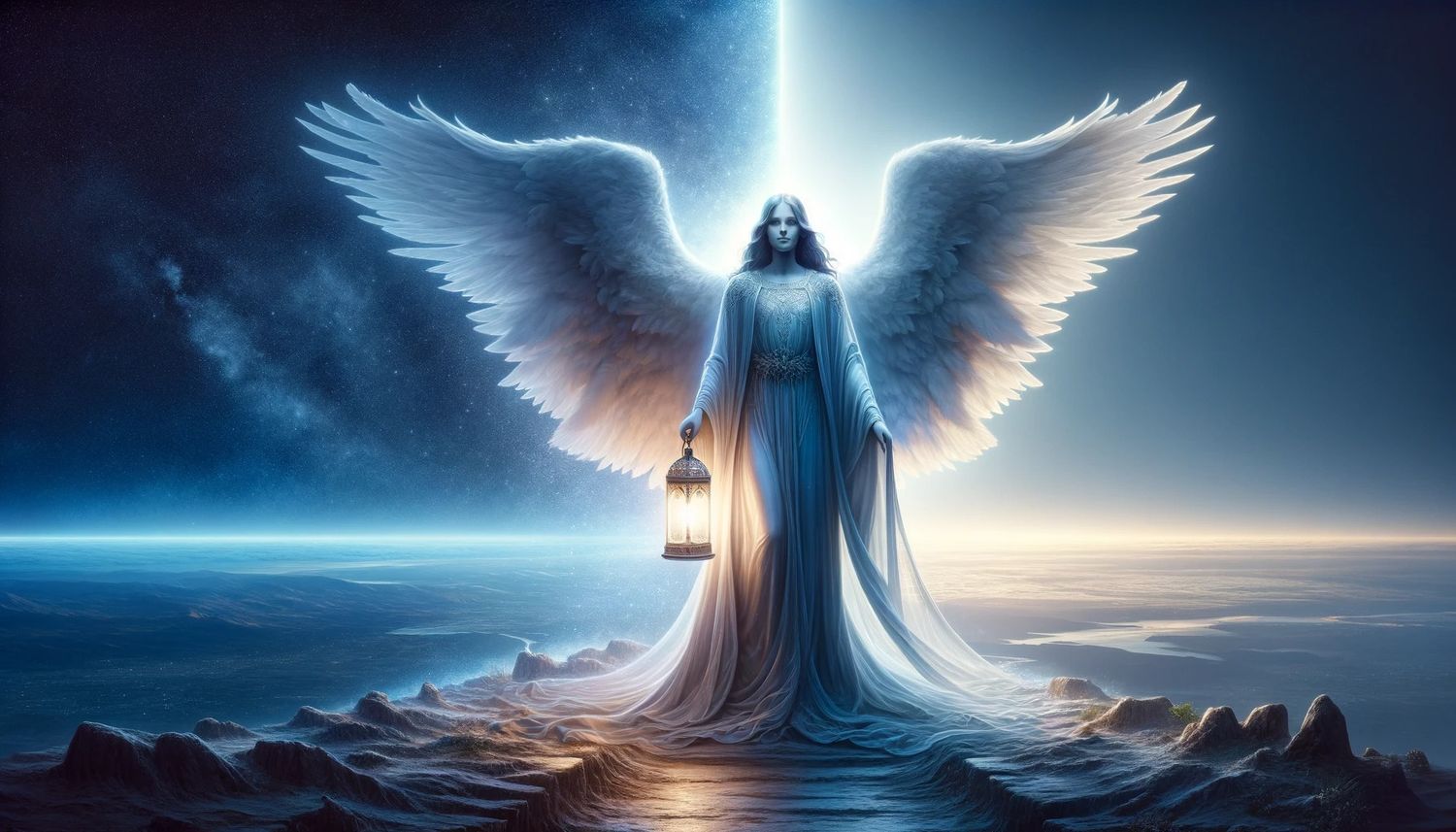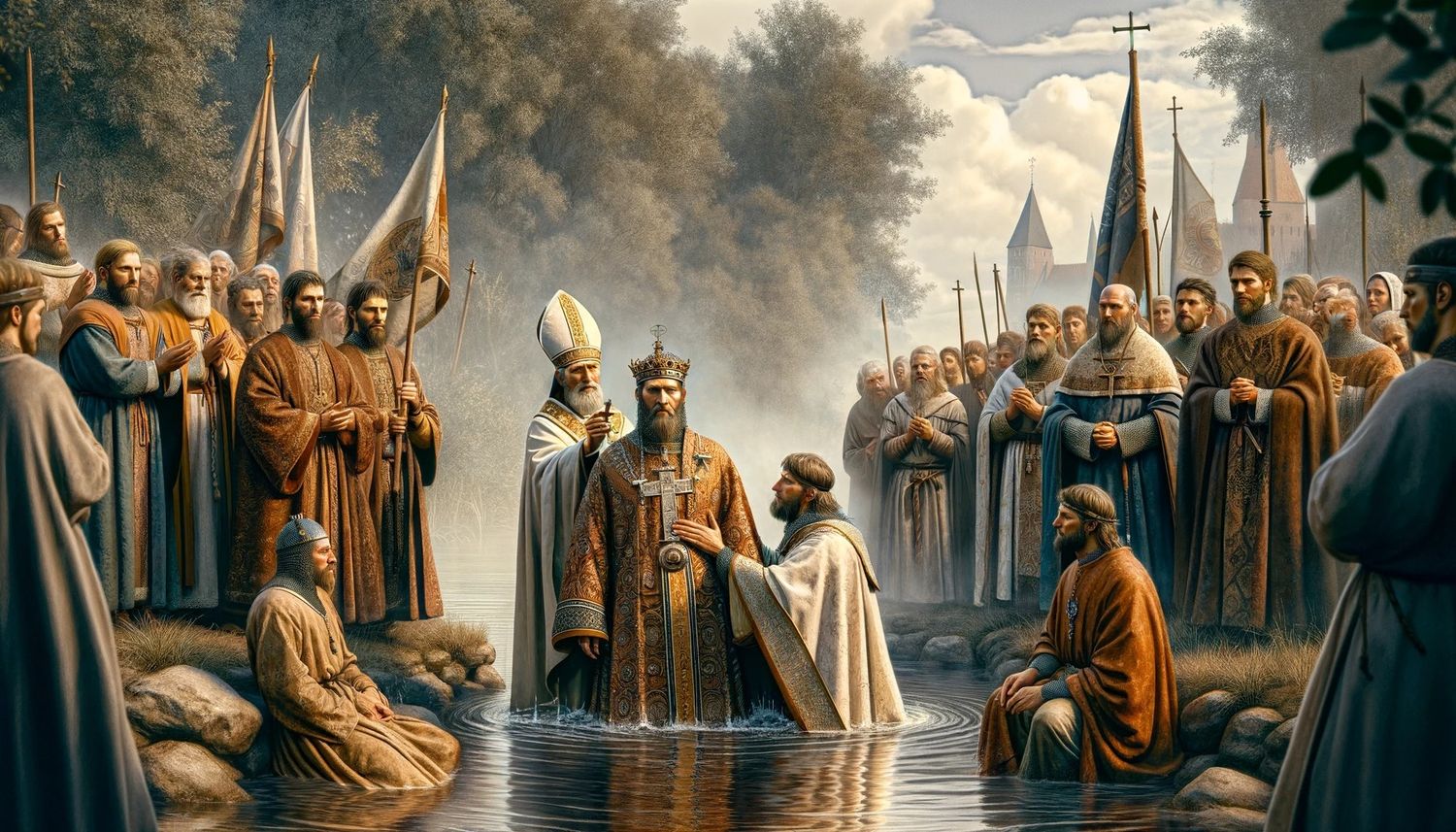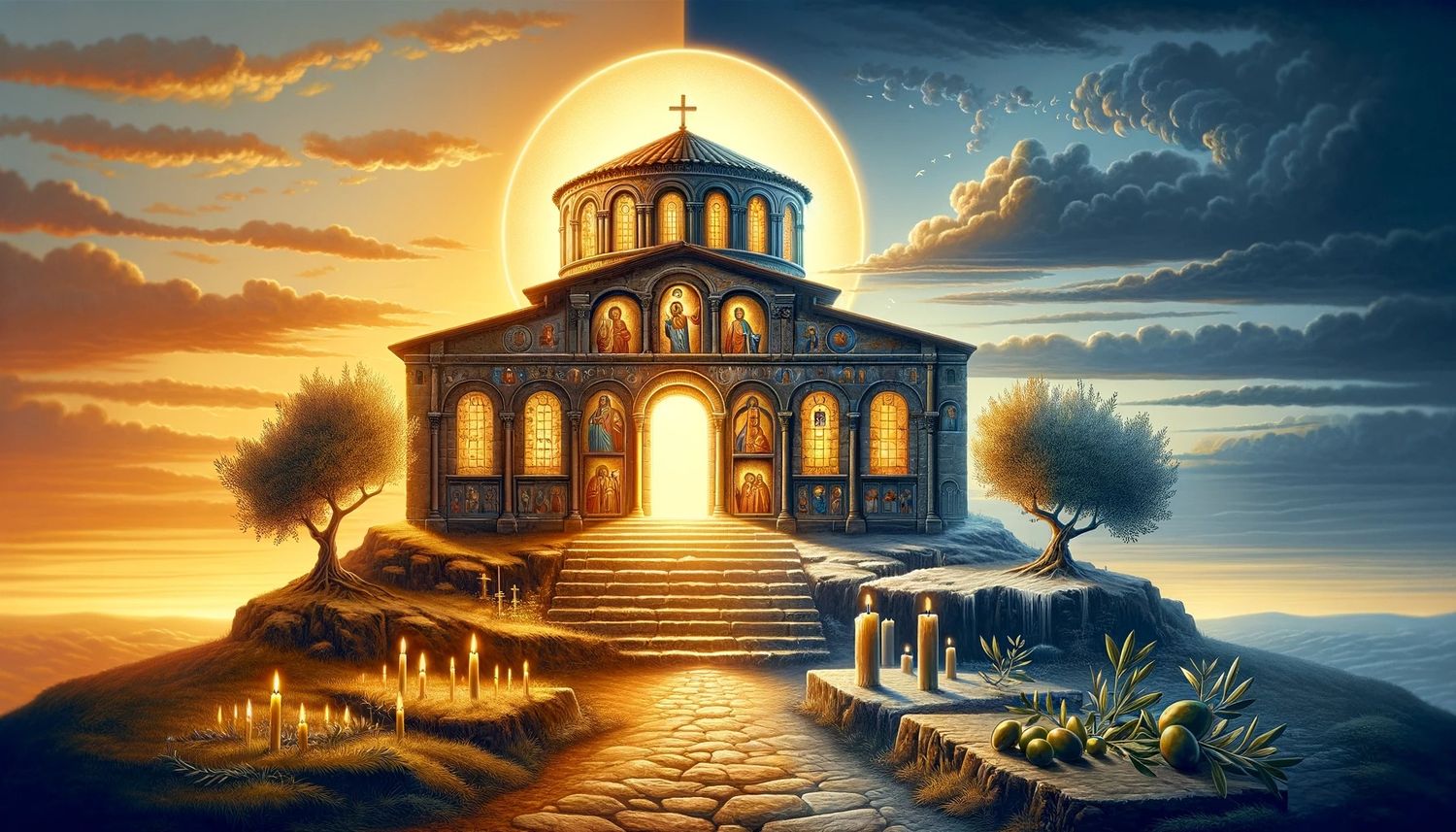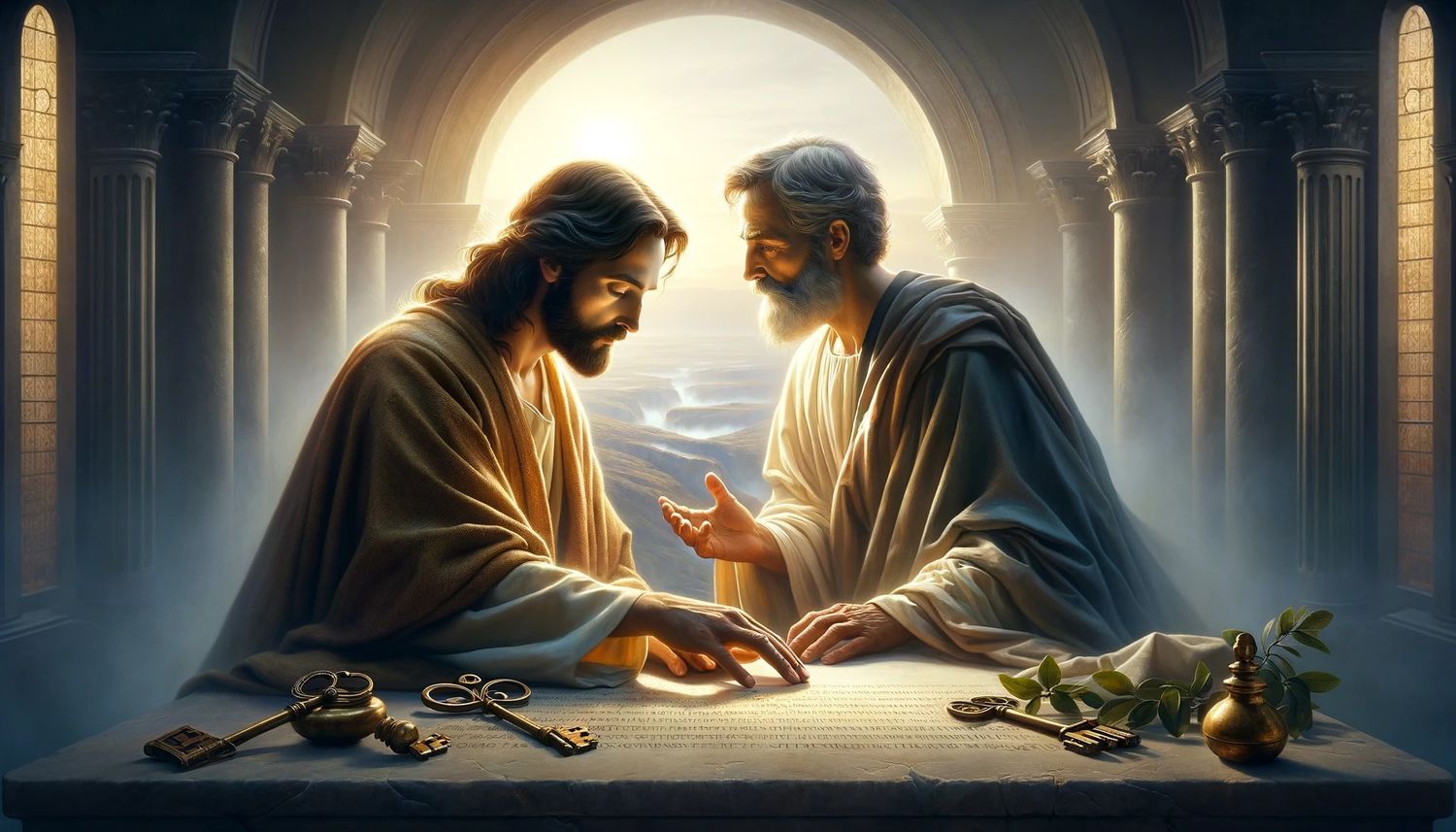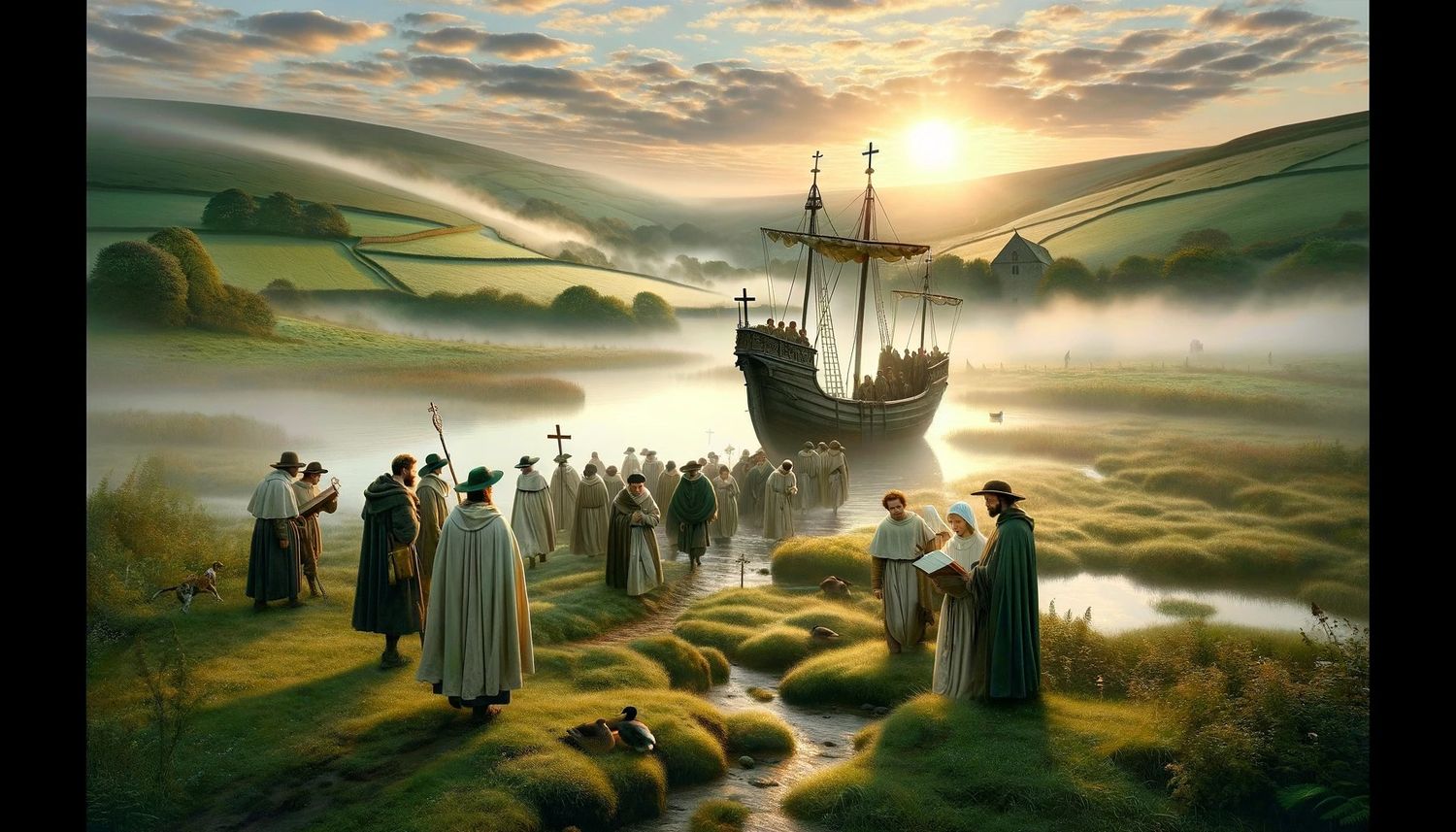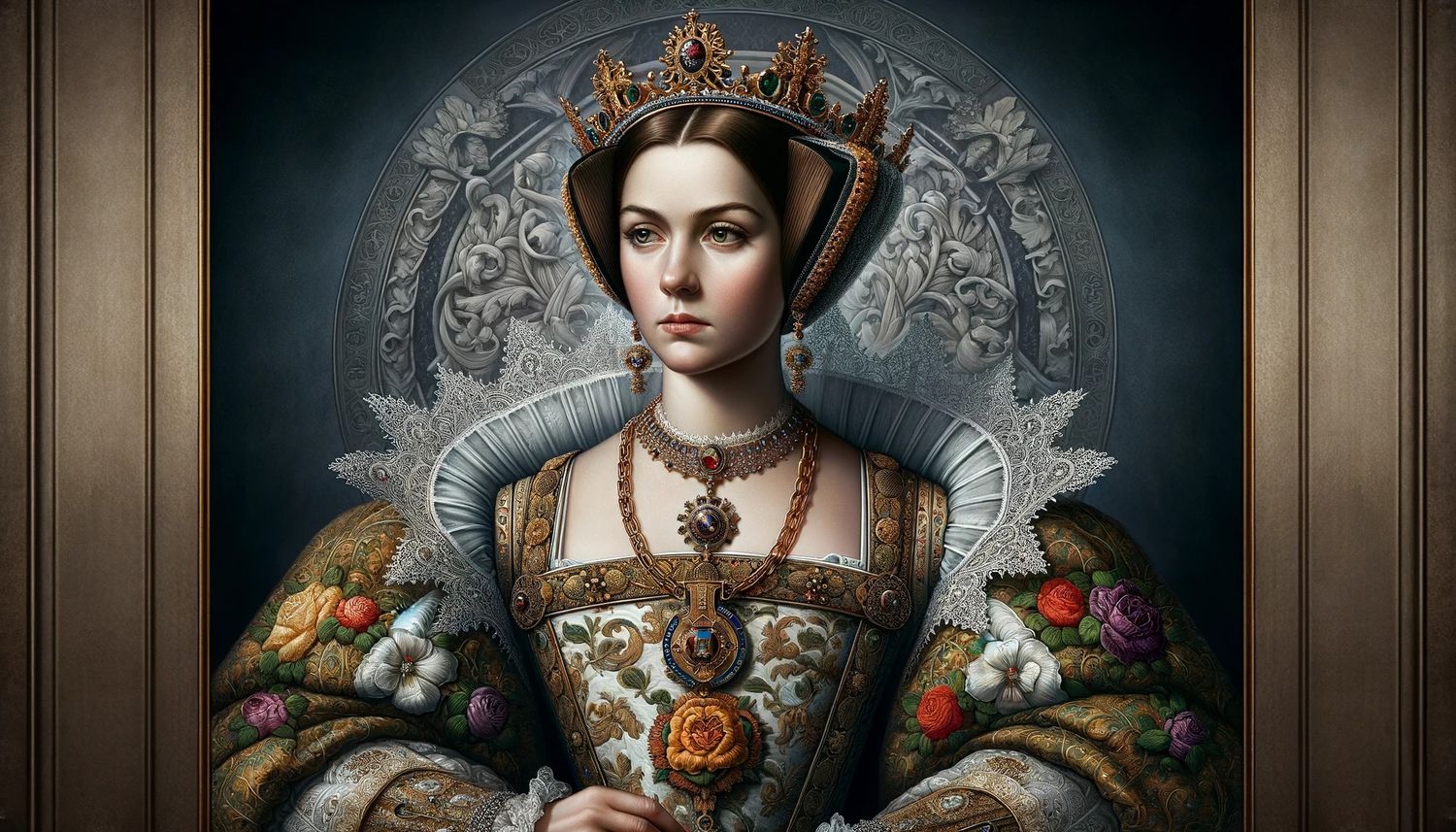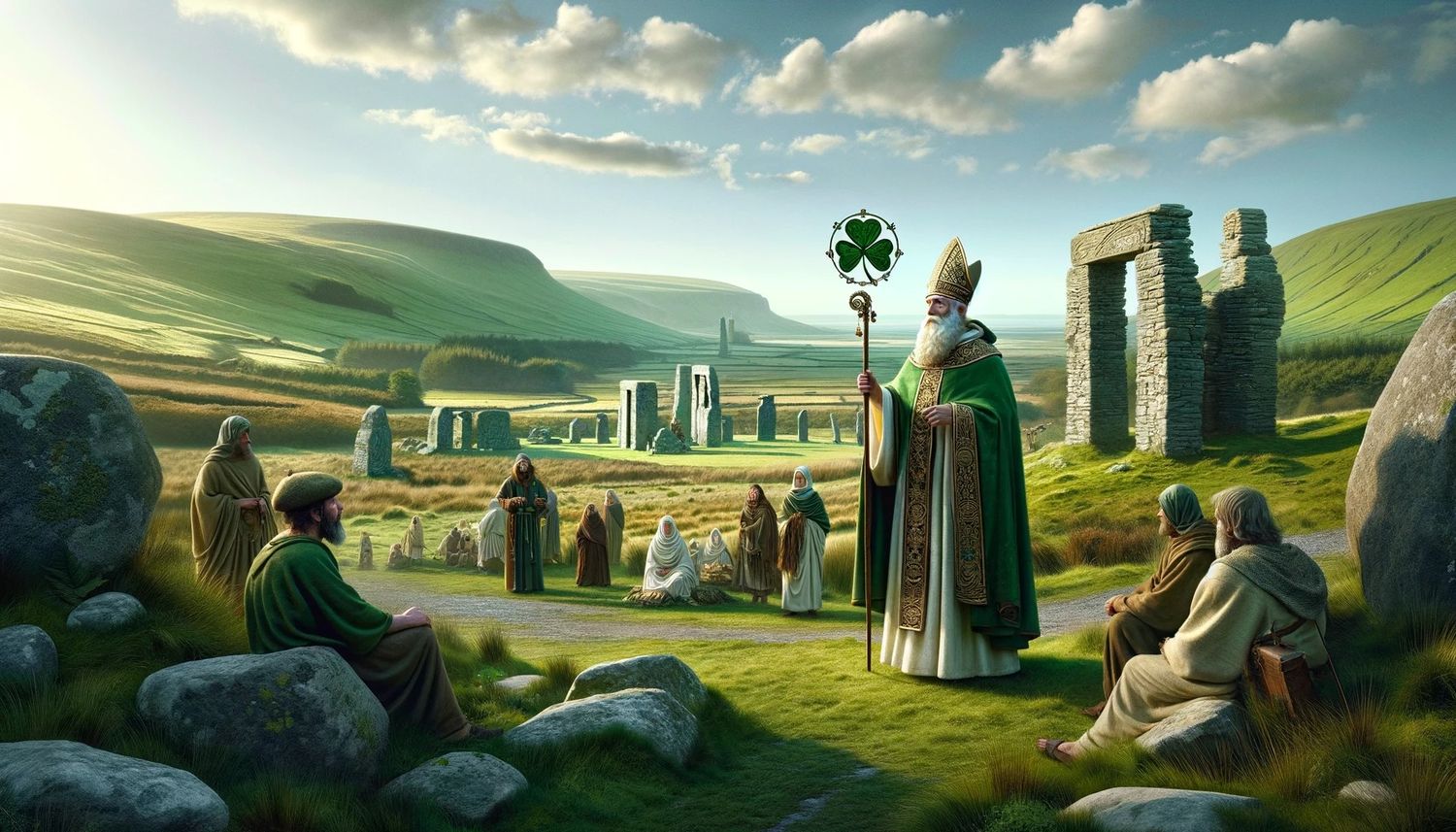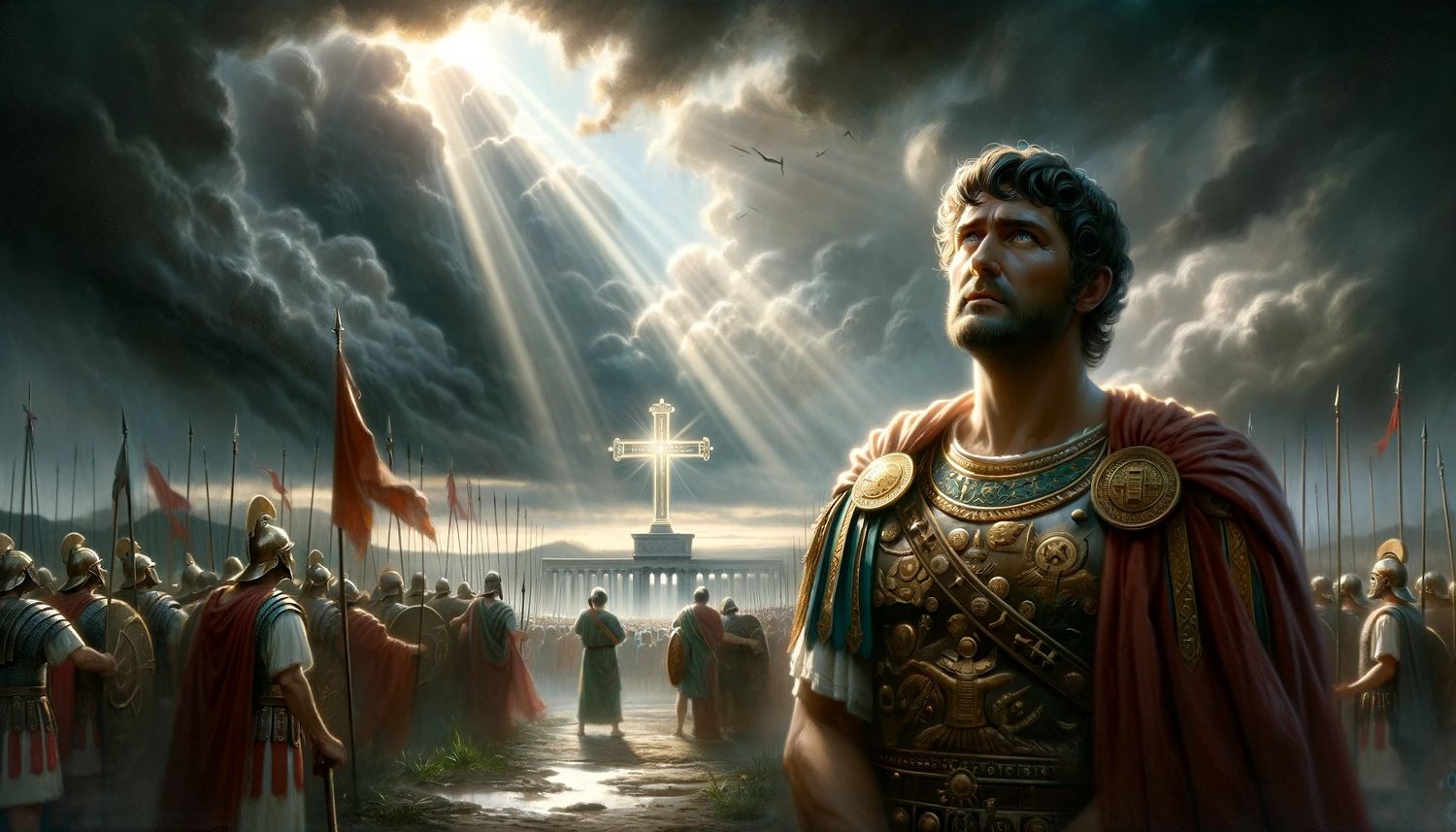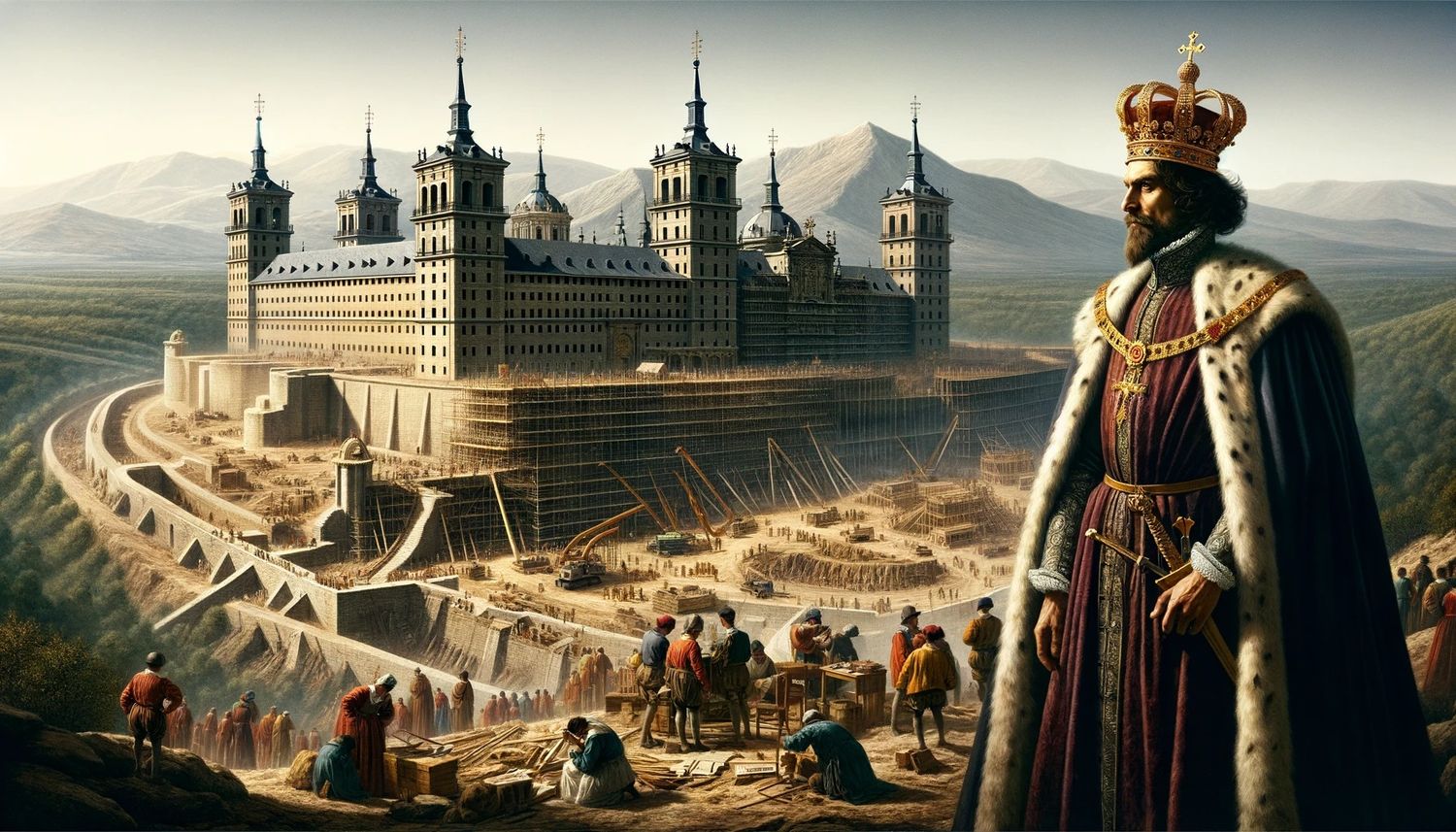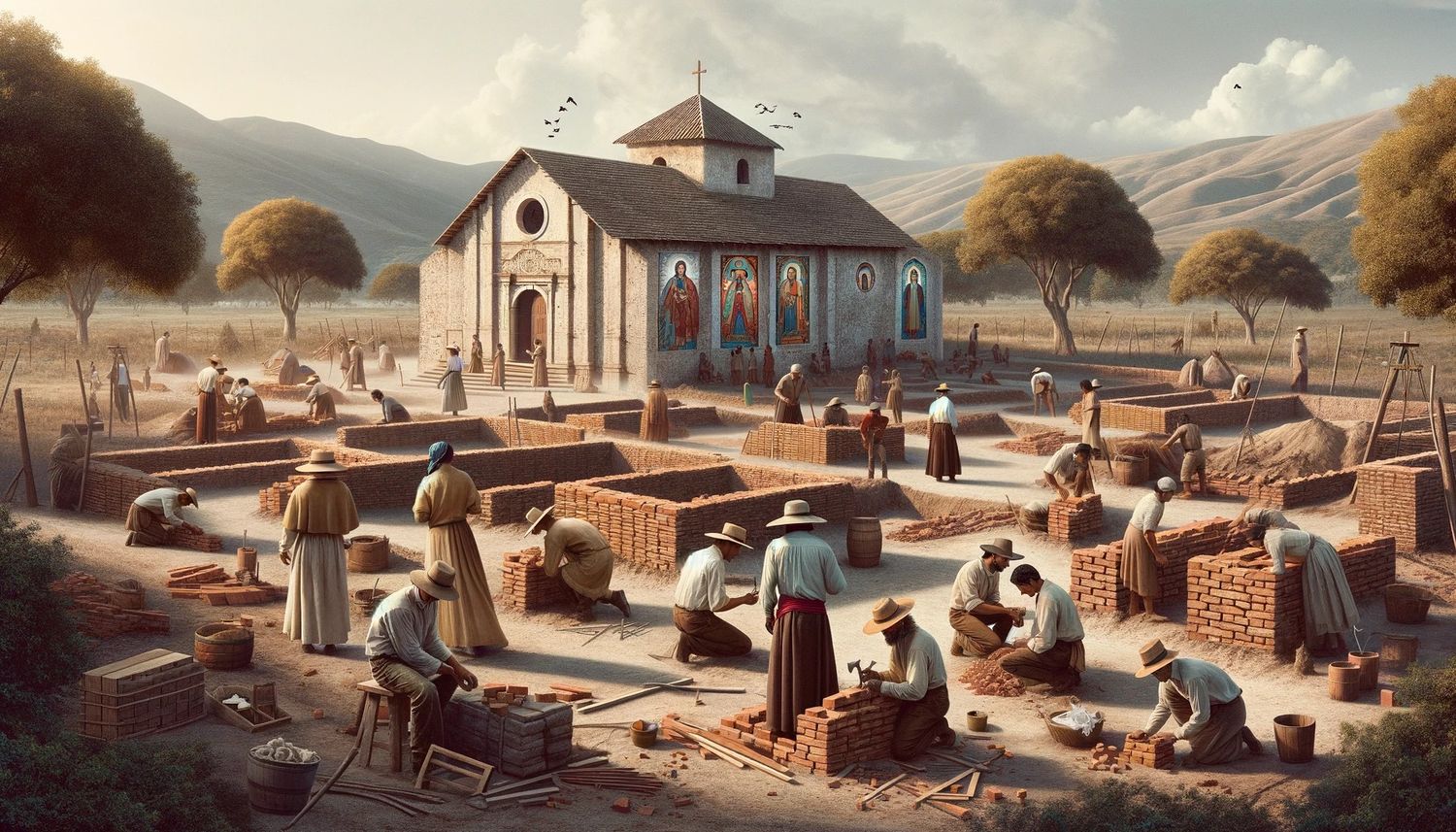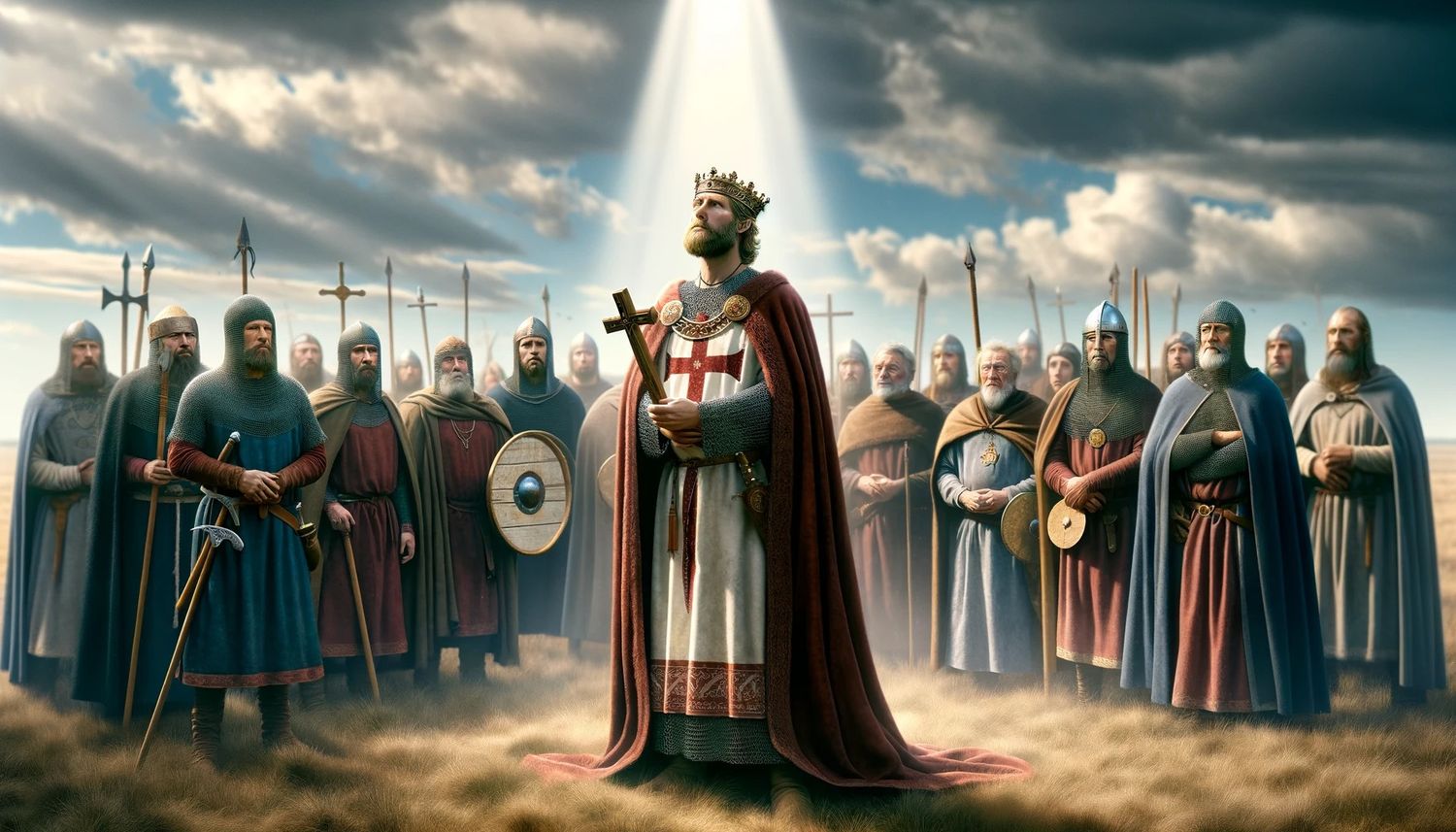Home>Theology and Spirituality>Who Created Catholicism
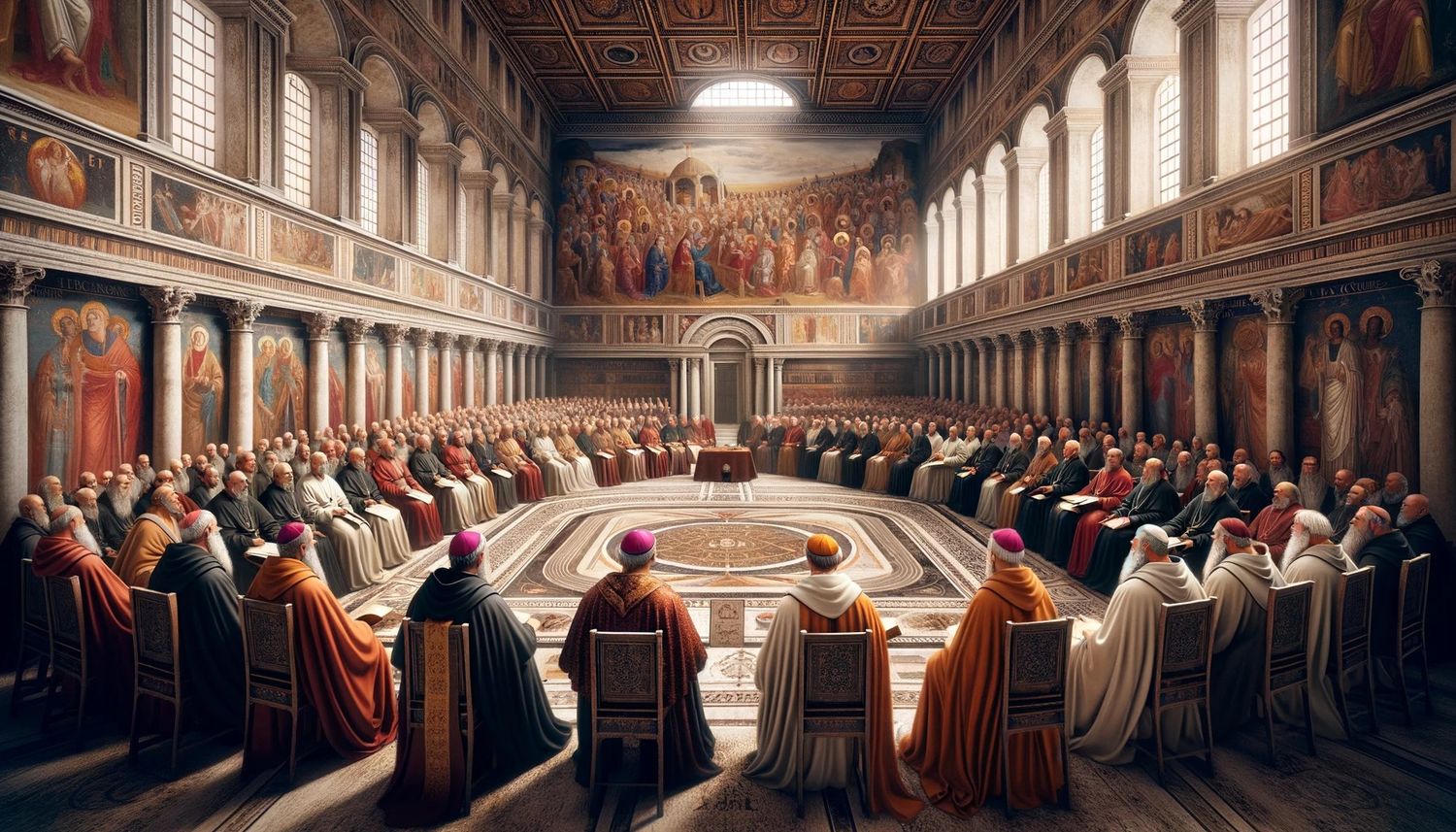

Theology and Spirituality
Who Created Catholicism
Published: February 17, 2024
Ericka Andersen, an editor at Christian.net, expertly merges digital strategy with content creation, focusing on faith and societal issues. Her communication skills enhance the platform's engaging narratives, fostering meaningful dialogue on belief's impact on society.
Discover the origins of Catholicism and its impact on theology and spirituality. Learn about the founders and the development of this influential faith.
(Many of the links in this article redirect to a specific reviewed product. Your purchase of these products through affiliate links helps to generate commission for Christian.net, at no extra cost. Learn more)
Table of Contents
Introduction
Catholicism, one of the oldest and most influential branches of Christianity, has a rich and complex history that spans over two millennia. Its origins can be traced back to the time of Jesus Christ and the early Christian communities. Understanding the creation of Catholicism involves delving into the life and teachings of Jesus, the contributions of the early Church fathers, and the establishment of the Catholic Church as an institution.
The story of Catholicism is a tapestry woven with threads of faith, tradition, and human experience. It encompasses the struggles and triumphs of individuals and communities striving to live out their beliefs in a world fraught with challenges and change. To comprehend the creation of Catholicism is to embark on a journey through the annals of history, theology, and spirituality, exploring the profound impact of this faith tradition on the lives of countless individuals across the globe.
As we unravel the origins of Catholicism, we will encounter pivotal figures, pivotal moments, and profound theological insights that have shaped the identity and practices of the Catholic Church. From the teachings of Jesus Christ to the writings of early Christian thinkers, each thread in the fabric of Catholicism contributes to the vibrant tapestry of this enduring faith tradition.
Join me as we embark on a captivating exploration of the creation of Catholicism, delving into the historical, theological, and spiritual dimensions that have shaped this influential branch of Christianity. Through this journey, we will gain a deeper appreciation for the profound impact of Catholicism on the lives of believers and the broader tapestry of human history.
Read more: Who Is Moses In Catholicism
The Origins of Catholicism
The origins of Catholicism can be traced back to the time of Jesus Christ and the early Christian communities. At the heart of Catholicism lies the life and teachings of Jesus, whose ministry in the 1st century Palestine laid the foundation for the Christian faith. Jesus' message of love, compassion, and redemption resonated deeply with his followers, inspiring a movement that would eventually evolve into the Catholic Church.
Central to the origins of Catholicism is the belief in the divinity of Jesus Christ. According to Christian doctrine, Jesus is not only a revered prophet or moral teacher but the Son of God incarnate. His sacrificial death and subsequent resurrection form the cornerstone of Christian belief, providing the promise of salvation and eternal life to those who embrace his teachings.
Following Jesus' crucifixion and resurrection, his disciples, imbued with the Holy Spirit at Pentecost, began to spread his message throughout the Roman Empire and beyond. These early Christian communities, guided by the teachings of the apostles, formed the nucleus of what would later become the Catholic Church.
The term "Catholic" itself, derived from the Greek word "katholikos," meaning "universal," reflects the inclusive nature of the early Christian movement. The early followers of Jesus sought to proclaim his message to people of all nations, transcending cultural and ethnic boundaries. This universality became a defining characteristic of the emerging Catholic faith, emphasizing the unity of believers across diverse regions and cultures.
As the Christian community grew, it faced persecution and internal theological challenges. However, the resilience and steadfastness of early Christians, coupled with the intellectual contributions of early Church fathers such as Augustine, Jerome, and Ambrose, solidified the doctrinal foundations of Catholicism. These influential figures articulated key theological concepts, defended the faith against heresies, and contributed to the formation of the New Testament canon.
The origins of Catholicism are also intertwined with the development of liturgical practices, sacramental rituals, and ecclesiastical structures. The celebration of the Eucharist, baptism, and the establishment of episcopal authority within the Church gradually took shape, laying the groundwork for the distinctive identity of the Catholic Church.
In essence, the origins of Catholicism encompass a tapestry of historical, theological, and spiritual elements that reflect the enduring legacy of Jesus' ministry and the early Christian communities. This rich tapestry continues to shape the beliefs, practices, and communal identity of Catholics around the world, serving as a testament to the profound impact of the faith tradition that emerged from the life and teachings of Jesus Christ.
The Role of Jesus Christ
At the heart of Catholicism lies the profound significance of Jesus Christ, whose life, teachings, and sacrificial death form the cornerstone of the faith. Jesus' role in the creation of Catholicism transcends the boundaries of time and space, shaping the beliefs, practices, and communal identity of millions of adherents across the globe.
Jesus Christ is revered as the Son of God incarnate, the long-awaited Messiah whose arrival fulfilled the prophecies of the Hebrew Scriptures. His ministry, characterized by compassion, healing, and radical teachings, challenged the religious norms of his time and offered a transformative vision of God's kingdom. Through parables, miracles, and intimate encounters with individuals from all walks of life, Jesus exemplified a message of love, forgiveness, and redemption.
Central to Jesus' role in the creation of Catholicism is his sacrificial death on the cross and subsequent resurrection. According to Christian belief, Jesus willingly offered himself as a perfect sacrifice, atoning for the sins of humanity and reconciling humanity with God. This act of selfless love, known as the Atonement, holds profound significance within Catholic theology, serving as the ultimate expression of God's mercy and grace.
Furthermore, Jesus' role as the divine teacher and exemplar is encapsulated in his ethical teachings, encapsulated in the Sermon on the Mount and other profound discourses. His emphasis on humility, peacemaking, and compassion continues to resonate as a moral compass for Catholics, guiding their actions and attitudes in the modern world.
The Catholic understanding of Jesus Christ extends beyond his historical presence, encompassing his ongoing role as the head of the Church and the source of grace and salvation. Through the sacraments, prayer, and the study of Scripture, Catholics seek to deepen their relationship with Christ, recognizing him as the ultimate mediator between humanity and God.
In essence, the role of Jesus Christ in the creation of Catholicism is multifaceted, encompassing his identity as the Son of God, the embodiment of divine love, and the focal point of Christian faith. His teachings, life, death, and resurrection continue to inspire and guide Catholics, shaping their understanding of God, humanity, and the path to spiritual fulfillment.
The Early Church Fathers
The era of the early Church fathers, spanning from the 1st to the 7th century, holds profound significance in the development and articulation of Christian theology, including the foundations of Catholicism. These influential figures, known for their intellectual prowess, spiritual insight, and unwavering commitment to the Christian faith, played a pivotal role in shaping the doctrinal landscape of the Church and addressing theological controversies that arose during their time.
One of the most renowned early Church fathers is Augustine of Hippo, whose theological writings and profound reflections on topics such as grace, sin, and the City of God have left an indelible mark on Catholic thought. Augustine's emphasis on the fallen nature of humanity and the necessity of divine grace for salvation continues to resonate within Catholic theology, offering profound insights into the human condition and the redemptive work of Christ.
Another influential figure is Jerome, whose scholarly contributions include the translation of the Bible into Latin, known as the Vulgate. Jerome's dedication to biblical scholarship and his meticulous approach to translating and interpreting sacred texts have significantly influenced the scriptural tradition of the Catholic Church, shaping its understanding of the Word of God and its role in the life of believers.
Ambrose of Milan, known for his eloquence and unwavering defense of Christian orthodoxy, also stands as a prominent figure among the early Church fathers. His role in shaping the doctrine of the Church, particularly in the face of theological controversies such as Arianism, exemplifies the intellectual rigor and spiritual fortitude of these early Christian leaders.
Furthermore, the contributions of early Church fathers such as Ignatius of Antioch, Irenaeus, and Justin Martyr have significantly shaped the theological contours of Catholicism. Their writings, theological treatises, and apologetic works have provided enduring insights into the nature of God, the person of Christ, and the mission of the Church, laying a solid foundation for the doctrinal development of Catholic theology.
The early Church fathers, through their writings, sermons, and pastoral leadership, navigated the theological challenges of their time, articulating key doctrines and defending the faith against heresies. Their intellectual contributions, spiritual wisdom, and unwavering commitment to the Christian message continue to inspire and inform the theological framework of Catholicism, serving as pillars of wisdom and insight for believers seeking to understand the rich tapestry of their faith tradition.
The Establishment of the Catholic Church
The establishment of the Catholic Church represents a pivotal juncture in the historical and theological narrative of Christianity. Rooted in the teachings of Jesus Christ and nurtured by the early Christian communities, the emergence of the Catholic Church as an institution marked a significant milestone in the unfolding story of the Christian faith.
Central to the establishment of the Catholic Church was the gradual evolution of ecclesiastical structures and hierarchical organization within the Christian community. As the early Christian communities expanded and matured, the need for cohesive leadership, doctrinal clarity, and communal unity became increasingly apparent. This led to the emergence of episcopal authority, with bishops assuming leadership roles in overseeing local congregations and safeguarding the integrity of Christian doctrine.
The Council of Nicaea, convened in 325 AD, stands as a watershed moment in the institutional development of the Catholic Church. At this ecumenical council, bishops from across the Christian world gathered to address theological controversies, particularly the Arian heresy, and to formulate the Nicene Creed, a statement of faith that affirmed the divinity of Christ. The council's deliberations and the subsequent affirmation of orthodox Christian beliefs laid the groundwork for a unified doctrinal framework within the Church, solidifying its identity and theological coherence.
The establishment of the papacy, with the primacy of the Bishop of Rome recognized as a unifying force within the Church, further contributed to the institutionalization of Catholicism. The role of the pope as the successor of St. Peter, the chief shepherd of the Church, and the arbiter of matters of faith and morals, provided a central point of authority and continuity amidst the diverse and geographically dispersed Christian communities.
The development of liturgical practices, sacramental rituals, and the canon of Scripture also played a crucial role in shaping the identity of the Catholic Church. The celebration of the Eucharist, baptism, confirmation, and other sacraments became integral to the communal life of believers, fostering a sense of spiritual interconnectedness and shared identity as members of the Body of Christ.
In essence, the establishment of the Catholic Church represents the culmination of centuries of theological reflection, communal discernment, and institutional maturation within the Christian tradition. The enduring legacy of this establishment continues to resonate within the life of the Church, shaping its governance, worship, and doctrinal integrity, while providing a historical and theological anchor for millions of Catholics worldwide.
Read more: Who Brought Catholicism To Japan
Conclusion
In conclusion, the creation of Catholicism is a multifaceted tapestry woven with the threads of history, theology, and spirituality. From its origins in the life and teachings of Jesus Christ to the intellectual contributions of the early Church fathers and the institutional establishment of the Catholic Church, this faith tradition embodies a rich and enduring legacy that continues to shape the lives of believers across the globe.
The origins of Catholicism, rooted in the ministry of Jesus Christ and the early Christian communities, reflect a profound narrative of faith, resilience, and universality. The inclusive nature of the early Christian movement, encapsulated in the term "Catholic," underscores the vision of a faith that transcends cultural and ethnic boundaries, embracing individuals from all walks of life.
The role of Jesus Christ as the central figure in the creation of Catholicism cannot be overstated. His teachings, sacrificial death, and resurrection form the bedrock of Christian belief, offering a message of hope, redemption, and divine love that continues to resonate through the corridors of time.
The intellectual contributions of the early Church fathers, including Augustine, Jerome, and Ambrose, have left an indelible mark on the theological landscape of Catholicism. Their writings, reflections, and defense of Christian orthodoxy have provided enduring insights into the nature of God, the human condition, and the mission of the Church, serving as pillars of wisdom for generations of believers.
The establishment of the Catholic Church as an institution, marked by the development of ecclesiastical structures, the affirmation of orthodox doctrine, and the recognition of the papal primacy, represents a pivotal moment in the historical and theological narrative of Christianity. This institutionalization provided a framework for communal unity, doctrinal coherence, and the preservation of the Christian message across diverse cultures and regions.
In essence, the creation of Catholicism is a testament to the enduring impact of faith, the resilience of communities, and the transformative power of spiritual truth. As we reflect on the origins and development of Catholicism, we gain a deeper appreciation for the profound ways in which this faith tradition has shaped the hearts, minds, and souls of countless individuals throughout history, offering a beacon of hope and a pathway to encounter the divine in the midst of human experience.
